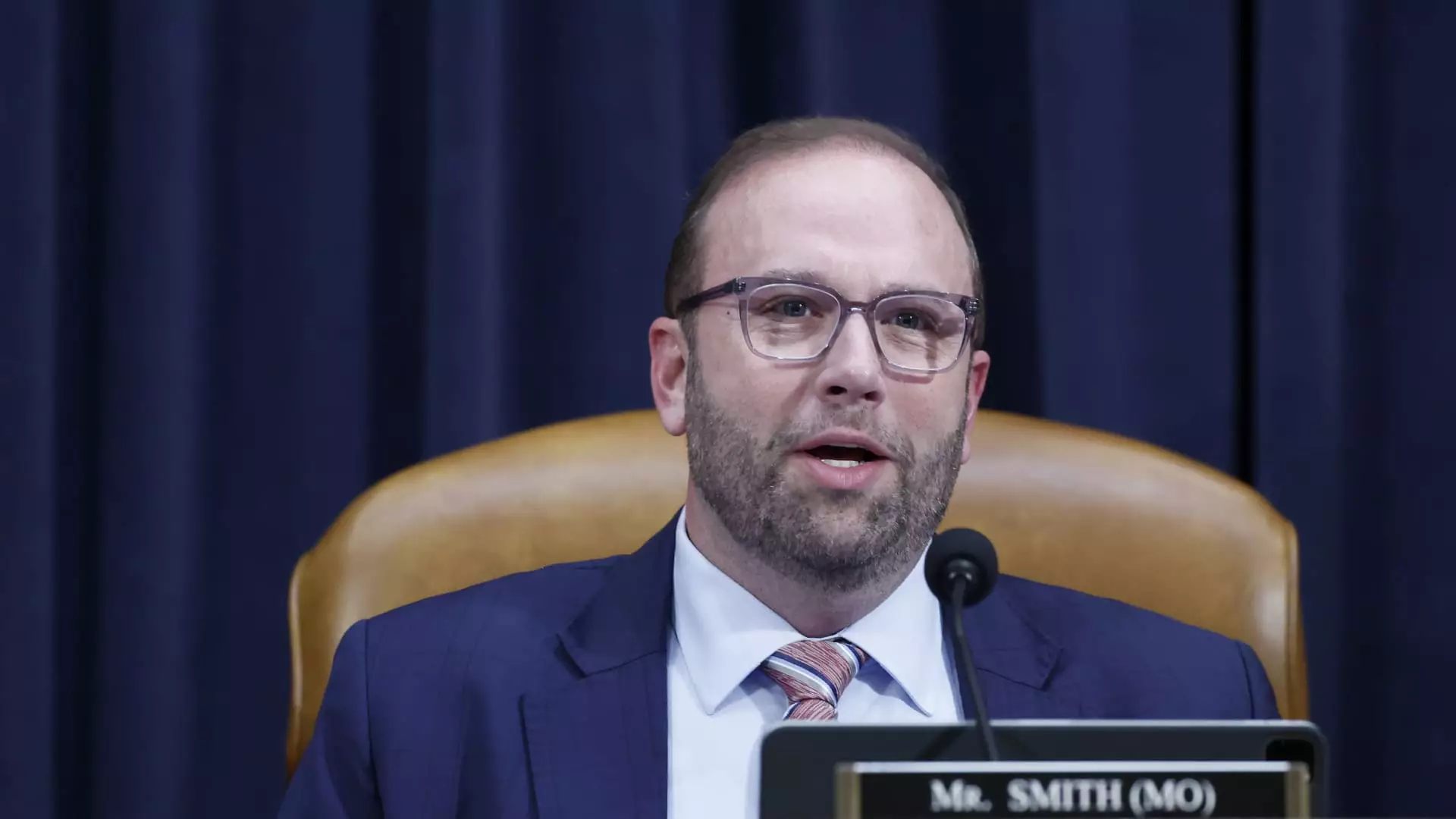As Donald Trump prepares to formally transition into office, House Republicans are vehemently advocating for the immediate extension of the tax cuts enacted during the Trump administration. The urgency stems from the impending expiration of several key tax provisions in the Tax Cuts and Jobs Act (TCJA) of 2017, scheduled for 2025. Without intervention from Congress, a considerable number of tax breaks—comprising reduced tax brackets, an expanded child tax credit, and a 20% deduction for pass-through entities—will vanish. This looming fiscal cliff poses a severe dilemma that warrants a thorough analysis of both its implications and the broader economic landscape.
According to projections from the Tax Foundation, a staggering 60% of taxpayers could face heightened tax burdens if these provisions are allowed to lapse. This situation raises substantial concerns, particularly given the fundamental premise of tax reform: stimulating growth while ensuring equitable distribution of benefits. House Ways and Means Committee Chairman Jason Smith has emphasized the necessity of acting right away, articulating a stance that reflects the Republican majority’s belief in the immediate need for tax relief. “Families and small businesses must not be left waiting at the last moment,” he stressed during a recent committee hearing, reflecting a sentiment that is likely to resonate with his colleagues. However, this position does not come without its critiques.
Fiscal Responsibility vs. Tax Relief
As Republicans push for these extensions, they do so amidst growing concerns about the federal deficit, which surged to $710.9 billion in the first quarter of fiscal year 2025—an alarming 40% increase compared to the previous year. This trajectory raises significant questions around the sustainability of fiscal policies that exacerbate budgetary pressures. Critics argue that extending Trump’s tax provisions could add an estimated $4.2 trillion to the deficit over a decade, a staggering sum that could hinder economic health in the long run.
Furthermore, the argument surrounding tax cuts often underscores a significant disparity. While average families might save about $2,000 yearly from these rebated provisions, the wealthiest 0.1% are projected to enjoy an average tax savings upwards of $314,000. The implications of these statistics suggest that a disproportionate share of the benefits leans favorably towards wealthier individuals, raising eyebrows among those advocating for a more equitable tax system. Richard Neal, the ranking member of the House Ways and Means Committee, aptly pointed out that “most of these [tax] cuts went to people at the very top,” framing the extension of the TCJA as a potential injustice against the broader American populace.
From a procedural standpoint, Republicans currently possess the unique opportunity to bypass the filibuster through a process known as “reconciliation.” This legislative maneuver allows for the passage of budget-related legislation with a simple majority, posing an intriguing controversy over the means of enacting tax policy. The GOP can maneuver through legislative challenges to cement Trump’s tax cuts into permanence, but doing so without bipartisan support may result in further polarization of an already divided Congress.
The intensity of the partisan divide signifies not only a clash of economic philosophies but also an illustration of the broader underlying issues pervading contemporary American politics. The debate extends beyond mere numbers on a ledger; it encapsulates the values that drive fiscal policy and the social contract between the government and its constituents. Therefore, the discourse surrounding tax cuts must consider the long-term ramifications on income inequality, social mobility and economic stability.
As the clock ticks down to the inauguration, the stakes surrounding the extension of Trump’s tax provisions have never been higher. Policymakers face a profound challenge: balancing the immediate needs for tax relief against the imperative of fiscal responsibility. It is essential to critically assess the implications of potential tax policies—who they benefit, how they affect the economy, and what they mean for the everyday American. Without careful deliberation and bipartisan cooperation, the legacy of tax reform may not only be defined by its economic outcomes but also by its social consequences. The conversation on tax reform must address both the benefits and burdens, ensuring a fair and sustainable economic framework for future generations.

